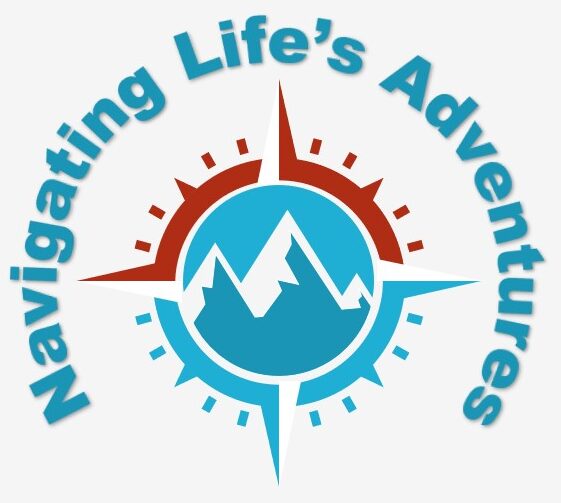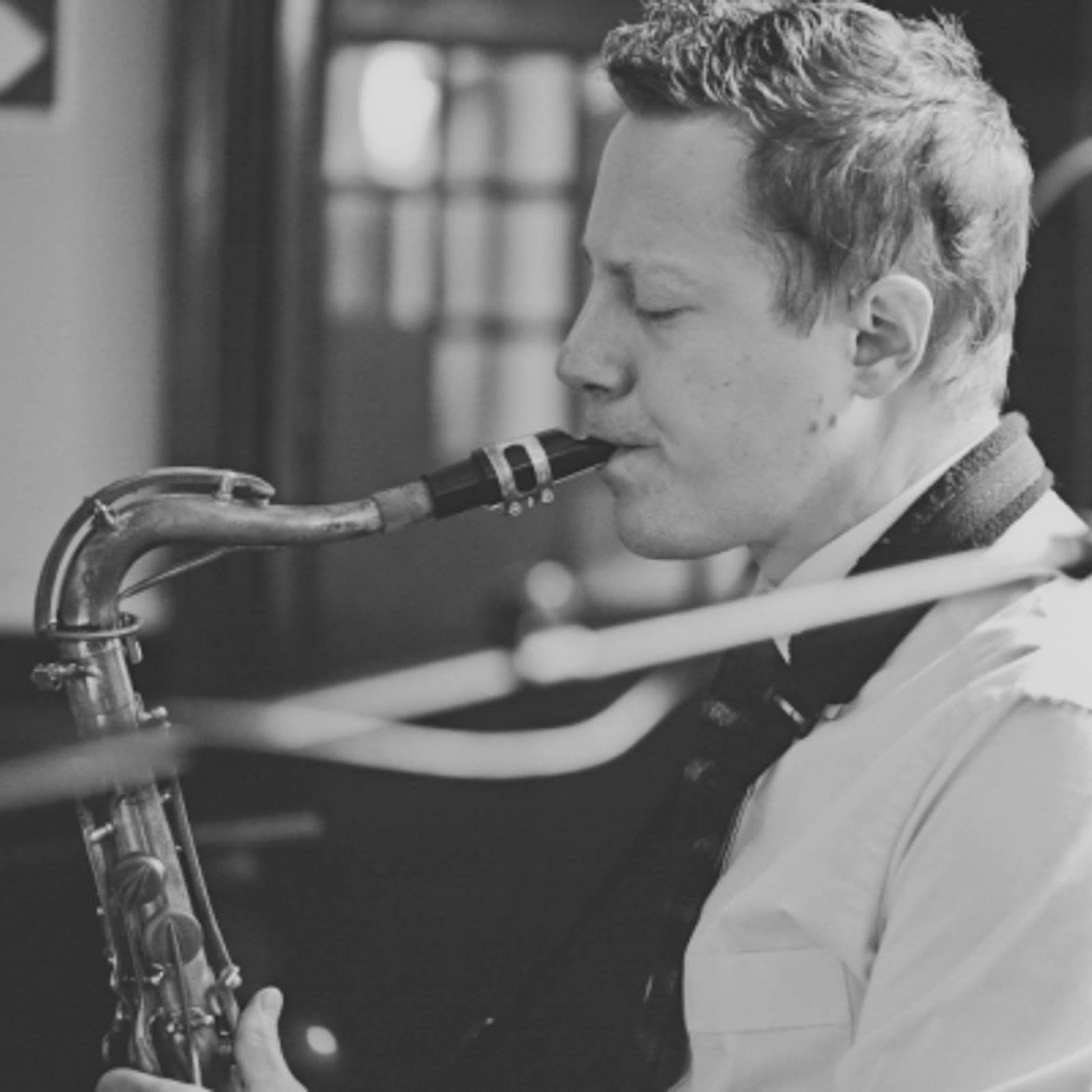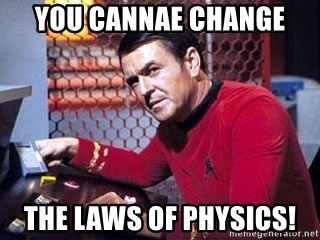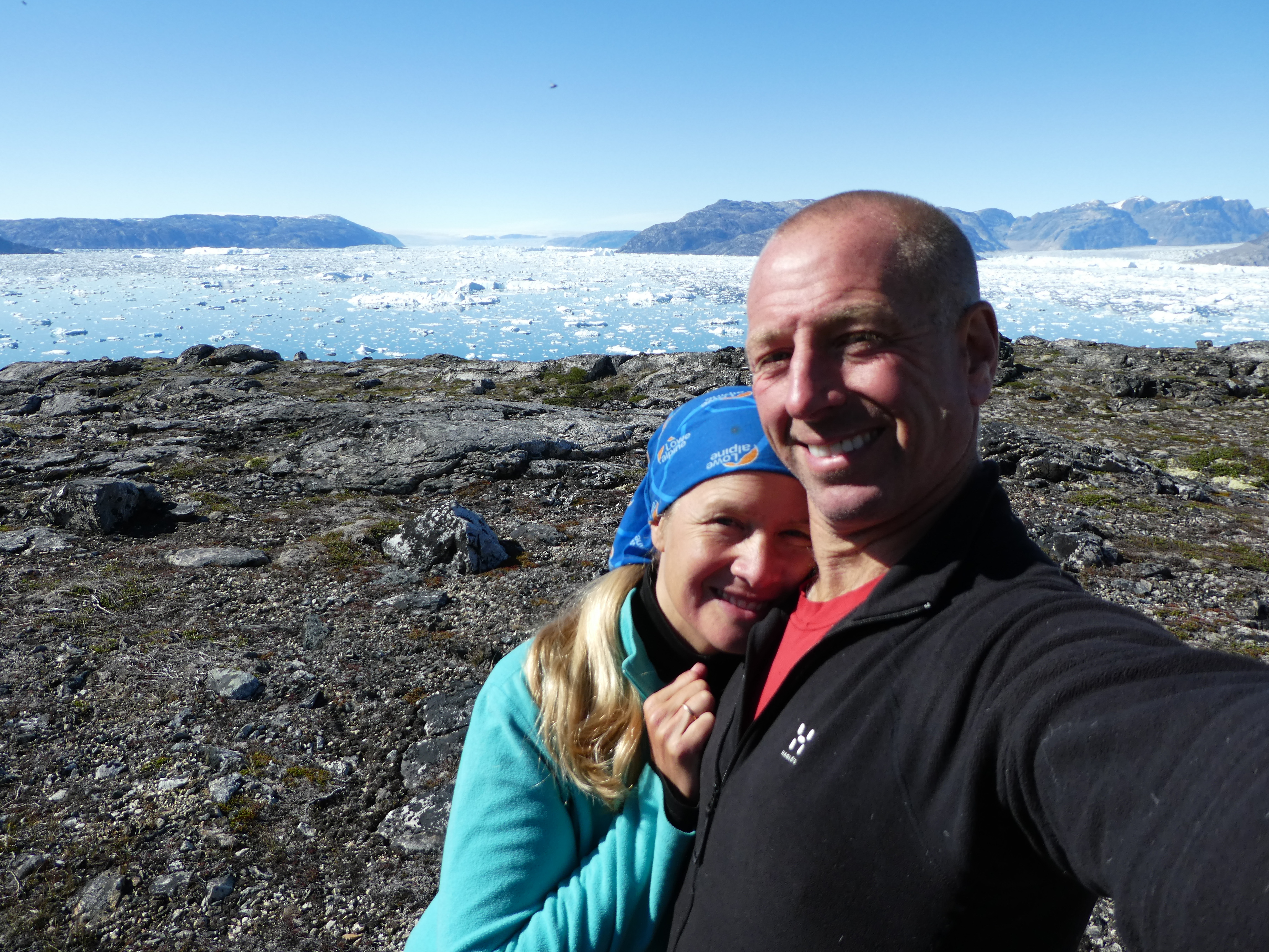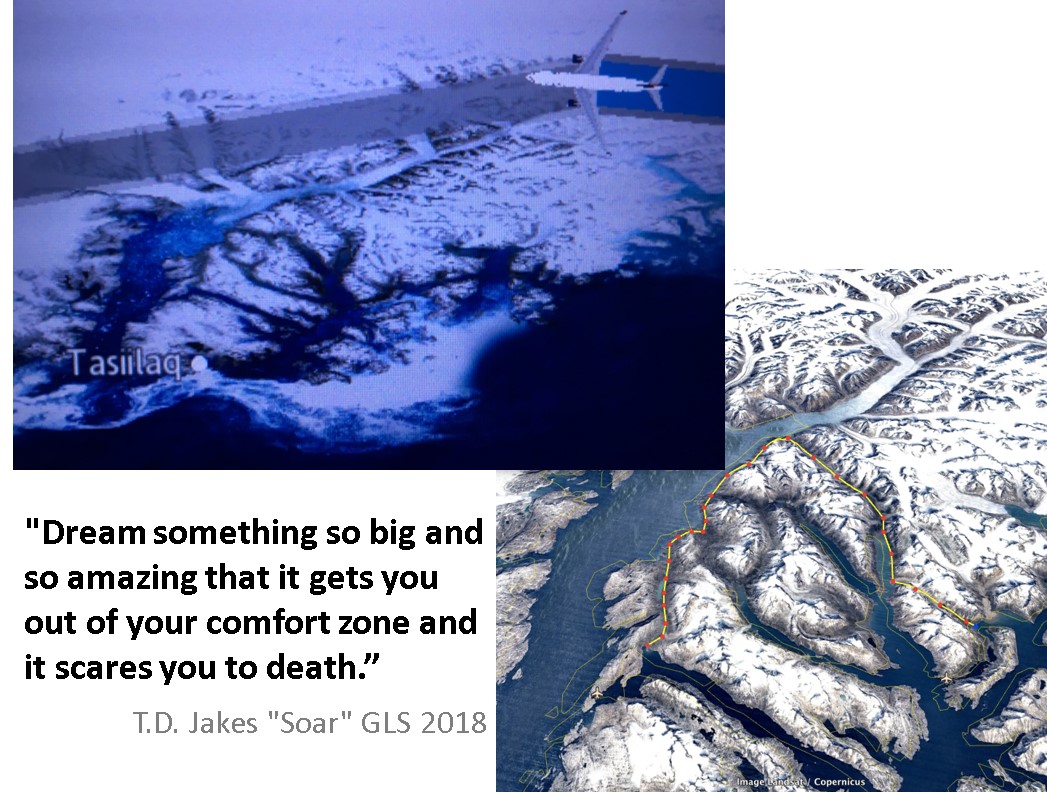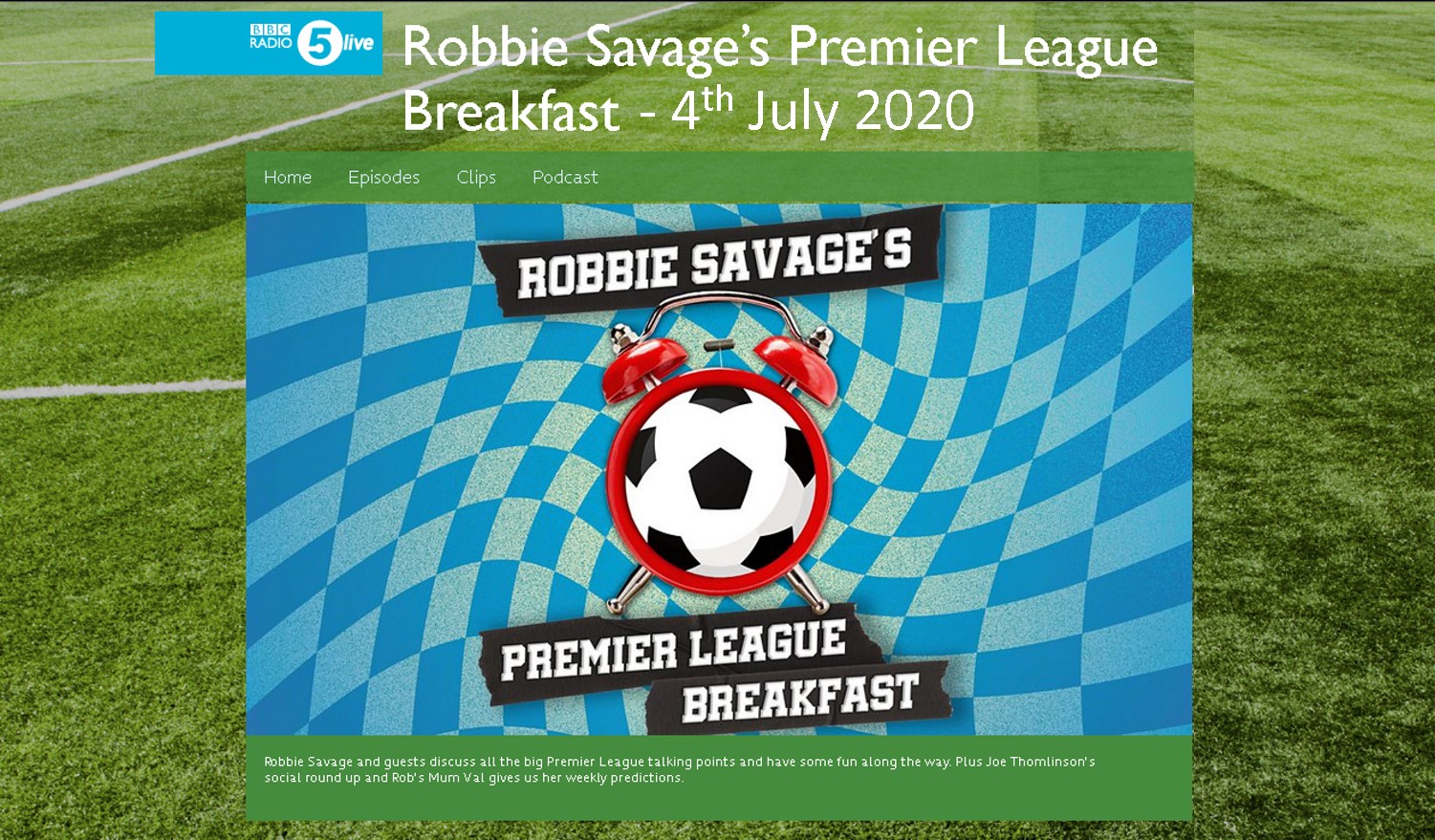I learned to play saxophone at Ashton High School. I never played particularly well – just enough to scrape a music O-level alongside the piano which was my primary instrument.
A source of huge inspiration was my slightly older schoolmate, Ian Kirkham, who played immeasurably better than I did. He went on to play with Simply Red from 1986 for thirty years. You’ll probably recognise his solo in “Something got me started“. Sadly not much rubbed-off on me. I could never make my instrument sound like his and I always gravitated back to my keyboard. So a decade later, it went unnoticed when I lost track of the Tenor Sax that my parents had bought me having put it somewhere while moving house in Edinburgh.
And then a few years later, I heard somebody play sax in a church worship band and I was transported back to lessons alongside Ian Kirkham. It was like having Kenny G on my Sony Walkman. It was beautiful. It was pure, dreamy, breathy emotion. It was Adam.
I had no idea my friend Adam Archibald played so I eagerly approached him at the close of the service. I explained I’d had a go at learning sax but my instrument wasn’t very good, having leaky pads and not a very good mouthpiece (technical terms). His response stunned me. He’d found the sax he was playing in a cupboard and without an obvious owner had adopted it. He thought it was a beautiful instrument. He had no idea who to thank for it. It was MY SAX. My not-very-good-sax with leaky pads and an inferior mouthpiece.
There is a really obvious moral to this story that you have likely heard before; “A bad workman always blames his tools“. I was a bad saxophonist blaming my perfectly good sax.
But there is a less obvious take-away, that sometimes we have to give things away to create something beautiful. I didn’t willingly give away that sax but unwittingly it fell into somebody else’s hands who (instead of my honking grunts) created beautiful, floating, dreamy melodies.
How often do we selfishly hold onto things which could be used far more effectively by others? Not just “things” (i.e. possessions) but possibly our time or talents? If we gave those away without any expectation of a return, I wonder how people could transform them into something beautiful, something far better than we could have done with them ourselves? Maybe we should consider ourselves as “stewards” more than “owners”? Hold things a little less preciously. Share them or give them away. In a future blog I’ll share how I gave my car away, extremely profitably.
You may be one of the “haves” but there are many “have nots” right now. So perhaps it’s time to give away a few hours of your time? Or something from your cluttered house? Or some of your expertise or wisdom?
You might be surprised when it turns up again, far better than you’d imagined possible.
